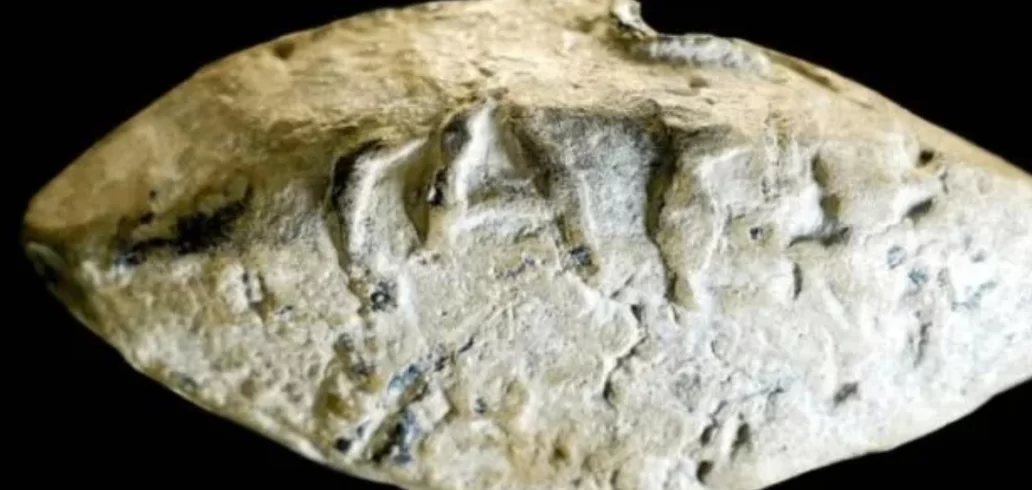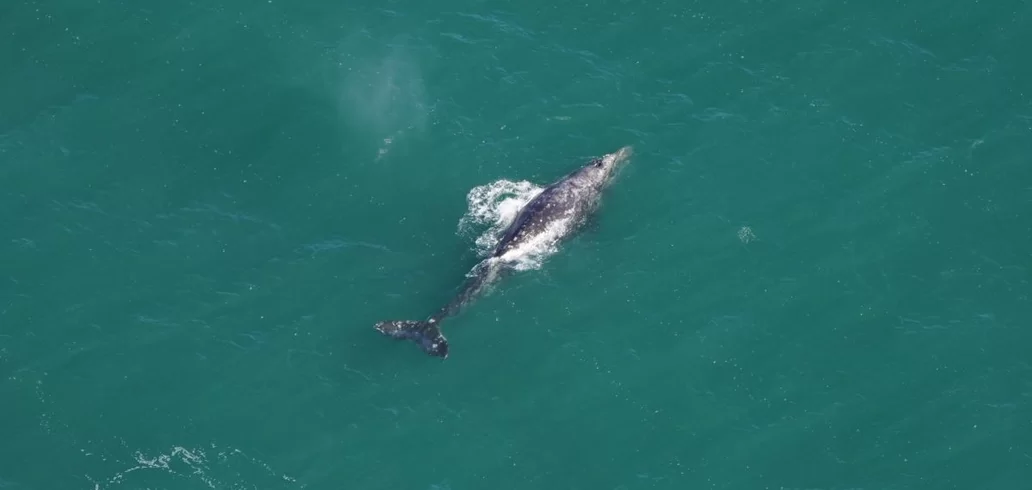Curiosities
To feed themselves, astronauts will have to take flies on expeditions to Mars
Advertisement
Additionally, fruit flies could also be a food source for astronauts. They are rich in protein and other essential nutrients, making them a potential supplemental food source. This approach could help diversify astronauts’ diets during extended missions by providing an additional source of nutrients without the need to transport large quantities of food from Earth.
However, it is important to note that any use of living organisms in space missions requires careful consideration and planning to ensure the safety of the crew and the protection of the spacecraft environment.
Black soldier flies as a food solution on Mars
Black soldier flies (Hermetia illucens) are an interesting choice for food on Mars expeditions and other extended space missions. These flies have been studied for their ability to convert organic waste into edible protein and fat, making them a potential sustainable food source for astronauts.
There are several advantages to using black soldier flies for this purpose. They are extremely efficient at converting organic waste, such as food scraps and plant residues, into protein-rich biomass. Furthermore, their life cycle is relatively short, meaning they can be reproduced on a large scale in a short period of time. This makes them an economical and effective solution for food production in enclosed environments, such as a space station or a base on Mars.
Black soldier fly larvae are especially nutritious, containing high levels of protein, fat, and other essential nutrients. They can be eaten directly or processed into more palatable food products, such as larva meal, protein bars, or animal feed.
Additionally, black soldier flies are resilient and adaptable to a variety of environmental conditions, making them suitable for cultivation in controlled environments such as space habitats. They also have a relatively low environmental footprint, as they help in the recycling of organic waste, reducing the need for waste disposal and incineration.
However, as with any other feeding strategy on space missions, the use of black soldier flies would require additional research and testing to ensure food safety, technical feasibility, and crew well-being.
The use of frass on other planets
“Frass” is the term used to describe the feces or excrement produced by insects, such as black soldier fly larvae. In the context of space exploration, frass could be a valuable source of nutrients and resources for growing plants in extraterrestrial environments, such as on Mars or the Moon.
Organic waste, including frass, can be composted and used as a soil fertilizer in hydroponic or aquaponic growing systems. The decomposition of organic waste through the composting process releases essential nutrients such as nitrogen, phosphorus, and potassium, which are essential for healthy plant growth. Additionally, frass can also contain beneficial microorganisms that help promote soil and plant health.
On a Mars base, for example, where resources are limited and the Martian soil is poor in nutrients, using frass as a fertilizer could help improve soil quality and increase food production. This would reduce dependence on supplies shipped from Earth and increase the autonomy and sustainability of long-duration space missions.
Additionally, frass may also have applications in biological waste recycling processes in closed systems, such as space stations or extraterrestrial habitats. Recycling organic waste can help minimize the amount of discarded material and reduce the environmental impact of space missions.
However, it is important to conduct further research to fully understand the potential and challenges of using frass in extraterrestrial environments, including issues related to food security, soil quality, and long-term sustainability.
Trending Topics

Mobile Antivirus: Why You Need It and Which Are the Best
Protect your data and keep your device safe with the best antivirus for mobile phones. Discover the best options!
Keep ReadingYou may also like

Shopee Discount Coupons: Save Now!
Save like never before! Discover the best Shopee discount coupons and learn how to use them to enjoy incredible offers and free shipping.
Keep Reading
Working at FedEx: Employment Opportunities, Activities and Salaries Today #{weekday}
Today, FedEx operates in more than 220 countries and territories, making it a giant that connects international trade
Keep Reading

